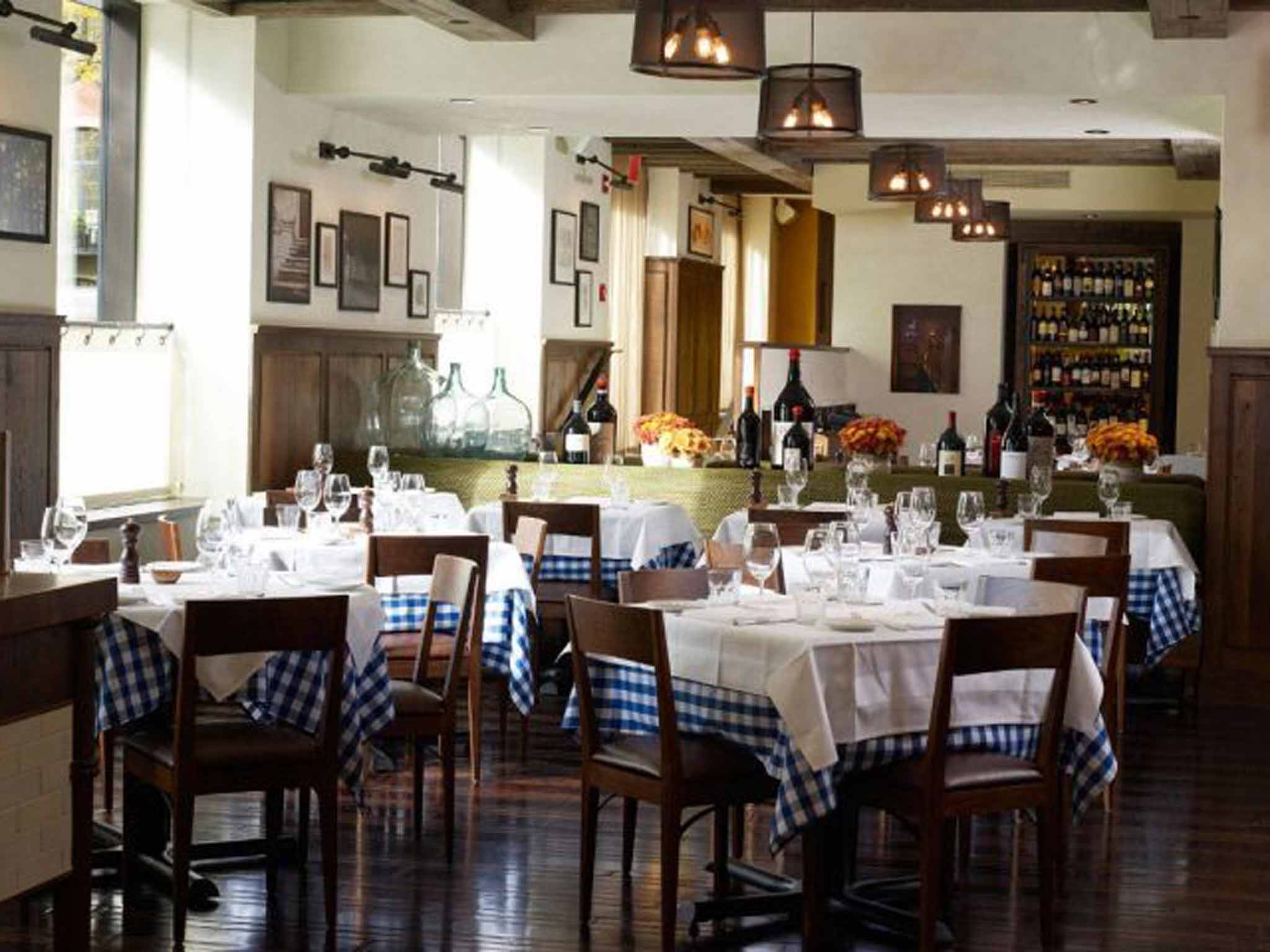How the tradition of tipping is changing around the world
For many holidaymakers, tipping continues to be confusing; no one wants to leave a restaurant thinking they have short-changed the waiter.

When Danny Meyer, one of New York’s most influential restaurateurs, calls time on tipping, people take notice. Last November, Meyer’s Union Square Hospitality Group decreed it would completely overhaul its service culture, increasing some menu prices, distributing the profits equally among front and back of house staff, and dropping tipping. The practice was introduced at the group’s fine-dining restaurant The Modern at the Museum of Modern Art, and next week, Maialino, an Italian-inspired spot in the Gramercy Park Hotel, follows suit.
Meyer’s worker-friendly innovation, Hospitality Included, was broadly welcomed by the industry; a few other restaurants announced they would do the same. But this move is still very much the exception to the rule; ditching the time-honoured American practice will be a huge cultural shift.
For many holidaymakers, tipping continues to be confusing; no one wants to leave a restaurant thinking they have short-changed the waiter.
As a general rule, tipping is not optional in the United States and you should only withhold tips in a case of outrageously bad service. If service charge has not already been added, it’s customary to leave about 15 to 20 per cent of the total bill (before tax). In Canada, Seetorontonow.com advises leaving about 15 per cent of the pre-tax bill, or a little more in high-end restaurants.
On this side of the Atlantic, things are also confusing. In the UK, many consumers struggle to understand the difference between service charges and tipping for good service. Generally service charges are distributed to all staff, although some restaurant chains have attracted negative publicity for pocketing the money.
In France, there are no hard and fast rules for tipping; it is entirely at the discretion of the diner. There is no pressure to leave additional cash, as service is included in the final bill.
Similarly, in Italy, tipping is not compulsory and service is included in the bill. Staff are contractually forbidden to ask for a tip, but if you want to leave something for exceptional service, you can.
According to Jon Warren, founder of San Sebastian Food, in certain parts of Spain it could be perceived as disrespectful to leave a big tip. “A gesture of five or 10 per cent is about right if you have had a particularly fantastic experience,” he says.
The Greek hospitality industry has had a hard time recently, so most restaurant staff are grateful for any extra cash. Tipping is optional but is it is common practice among locals and foreigners to leave anything up to about 10 per cent of the bill.
Join our commenting forum
Join thought-provoking conversations, follow other Independent readers and see their replies
0Comments